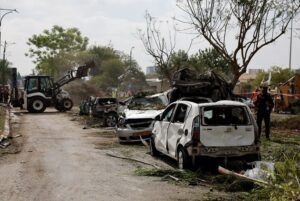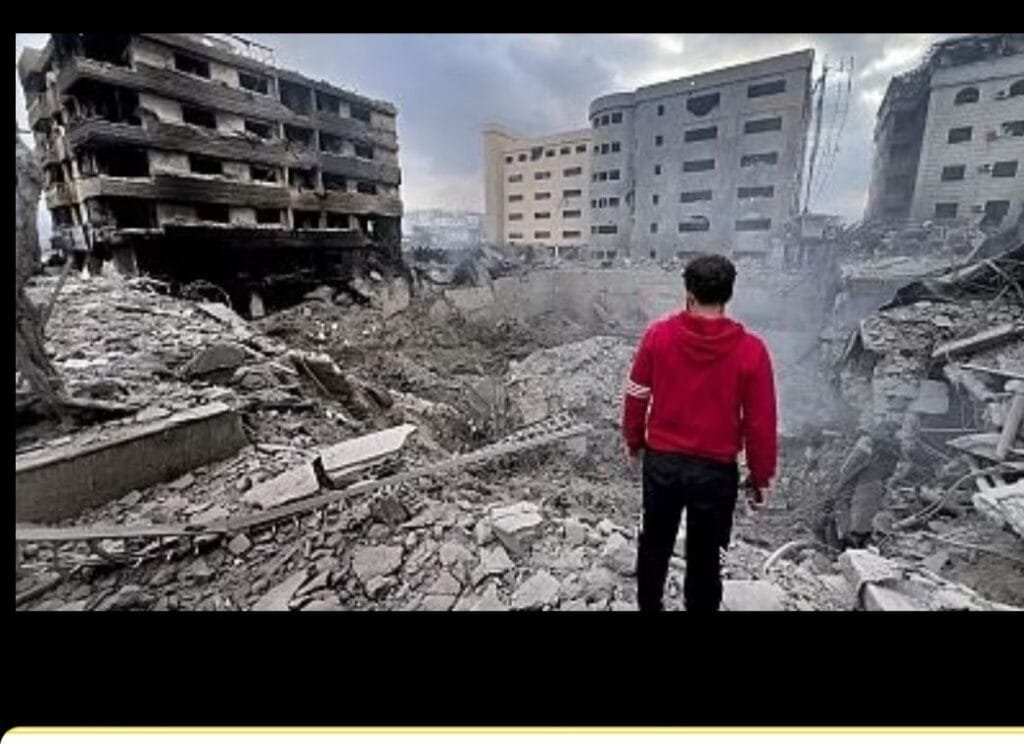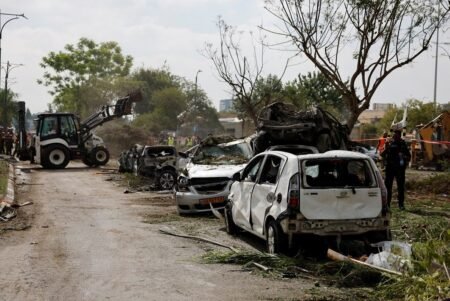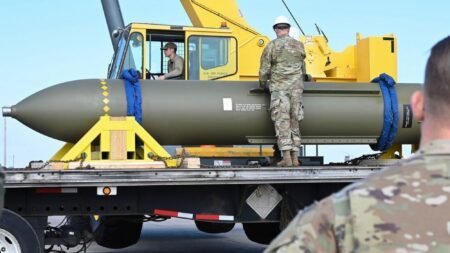A group of Lebanese activists has taken the initiative to support African migrants impacted by the ongoing conflict in Lebanon.
They are also leading efforts to advocate for releasing workers from the Kafala labour system, which allows employers and agents to withhold their passports, making it nearly impossible for these workers to leave the country.
As the conflict intensifies, many countries have begun airlifting their citizens out of Lebanon. In stark contrast, African migrants from various nations have found themselves stranded on the streets of different cities after fleeing their homes, desperately seeking food, shelter, and safety. The Lebanese government has reported that more than 1.2 million people have been displaced due to the Israeli bombardment.
With limited resources, the government has prioritized the sheltering of its own citizens, leaving tens of thousands of migrants without support. A group of 80 women from Sierra Leone, after experiencing a tumultuous journey across the country, has finally found refuge.
Mary Koroma, a Sierra Leonean migrant, shared her harrowing experience: “I came here to work to take care of my family, my kids, but since this war, I don’t have a job. There are no jobs everywhere. I was working in Kounine village, but because of too many bombs, I was too afraid. I came to Beirut to Sabra, but within two months, they also struck in Sabra.”
At just 28 years old, Koroma left her husband and two children in Sierra Leone to work in Lebanon and support her family with the $200 monthly salary she earned. However, the ongoing conflict has left her without employment and security.
Another resident of the shelter, Hassanatu Conteh, is in an even more precarious situation. She suffered a car accident shortly before the conflict escalated, limiting her mobility. “I don’t know yet what will happen in the future. Yes, I feel scared because of the war and my condition. They are helping me, but I don’t plan to stay because I am scared of Lebanon,” Conteh stated.
Unfortunately, most African migrants in the shelter have not found financial support for their evacuation, and none of the women possess their passports.
Under the Kafala labour system, which translates to “sponsorship” in Arabic, most migrant workers are tied to their employers, who retain control over their travel documents.
As a result, they are left vulnerable; if they complain about their often deplorable working conditions, they risk being expelled and left on the streets without rights.
Dia Haj Shahin, a Lebanese activist, described the grim reality faced by these workers: “It is called modern-day slavery, because it gives no rights to migrants. They are treated as second-class humans. Often, they are abused at home, not paid for the hard work they do, and not provided with basic rights.
Most don’t get days off, which is acceptable under the Kafala system. Some women tell me their homes were bombed. Their employers may not even have their passports.”
Fortunately, Shahin and her team are advocating for these women, working with authorities to retrieve the confiscated passports. “We have collected information from everyone under our care to start the repatriation process with immigration and general security.
The issue is that none of them hold their passports, and some don’t even have pictures or contact with their employers,” Shahin explained.
While these women are receiving assistance, many others remain in dire situations. The United Nations recently reported that numerous Lebanese families who evacuated the country have left their domestic workers locked inside their residences. The International Organization for Migration (IOM) has indicated a rise in cases where house workers have been abandoned, estimating that nearly 170,000 migrant workers are currently in Lebanon.
As the conflict rages on, the plight of African migrants highlights the urgent need for advocacy and humanitarian support in this challenging environment.














